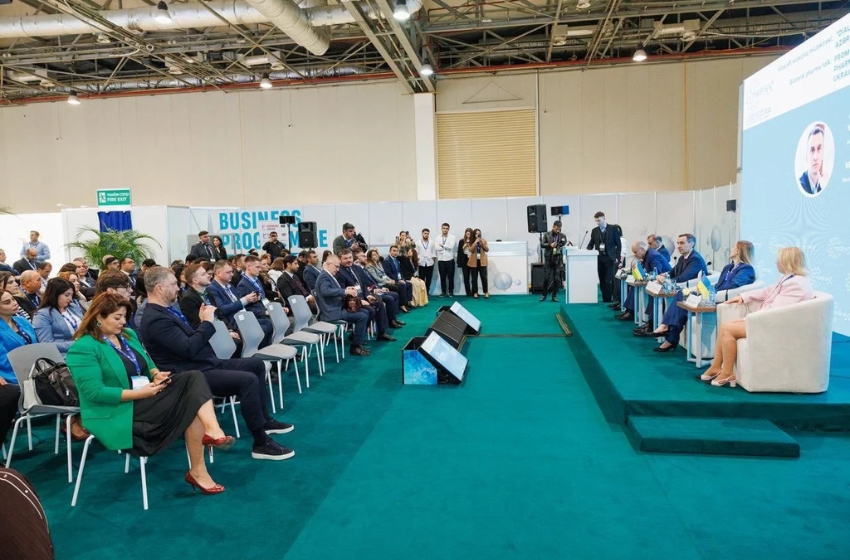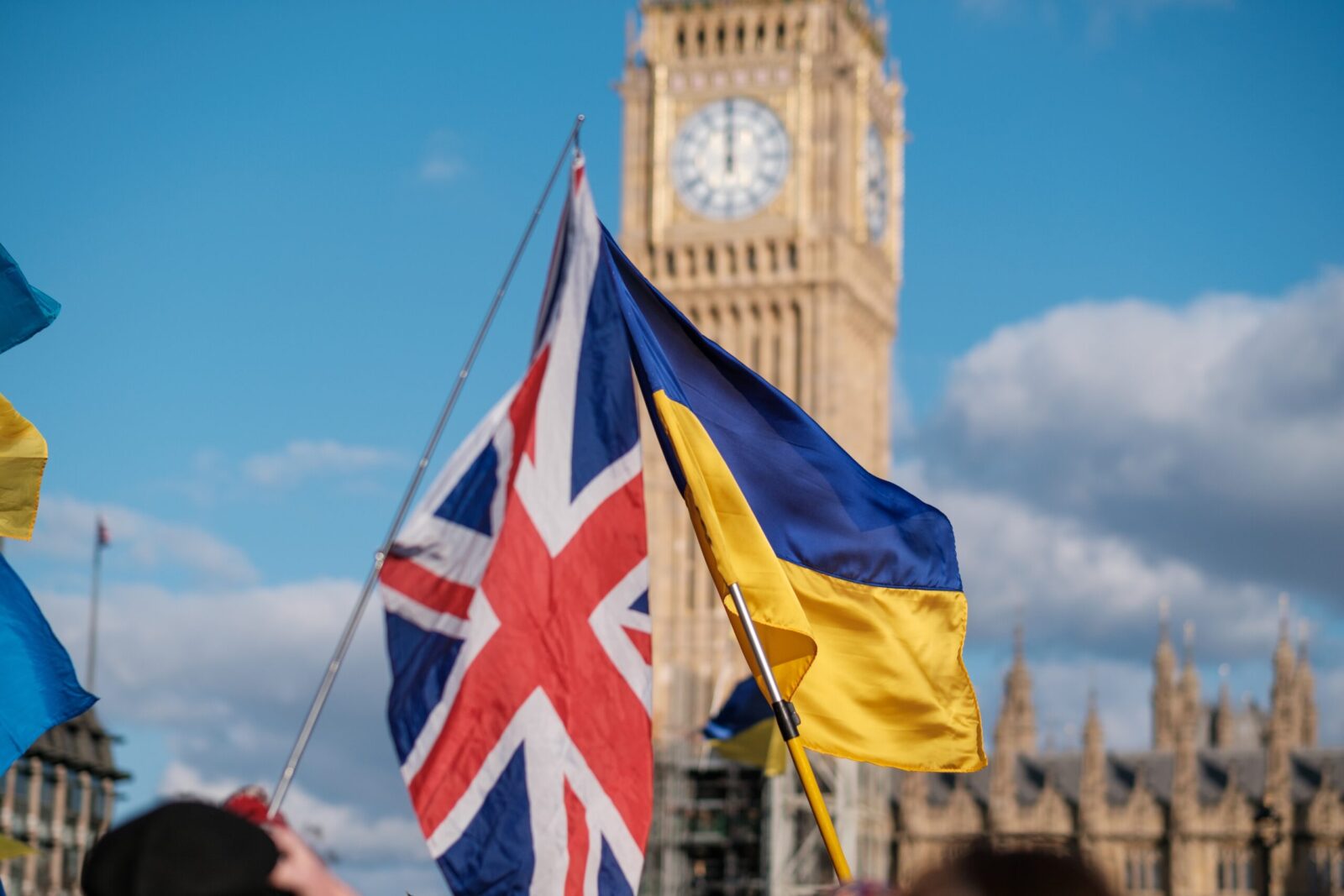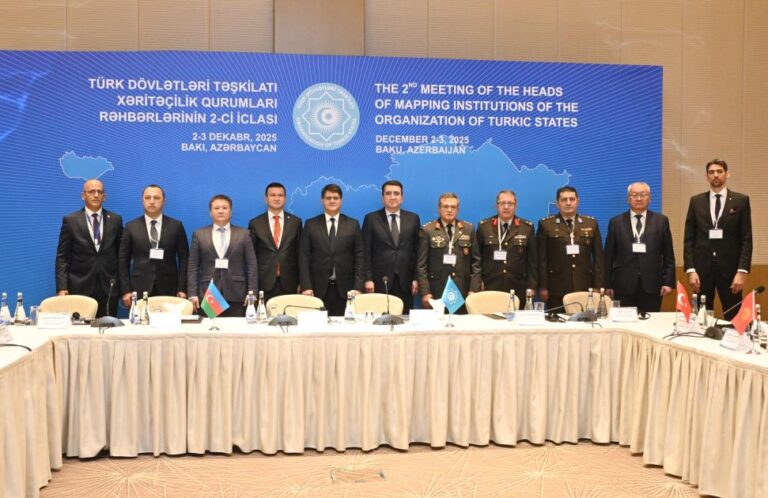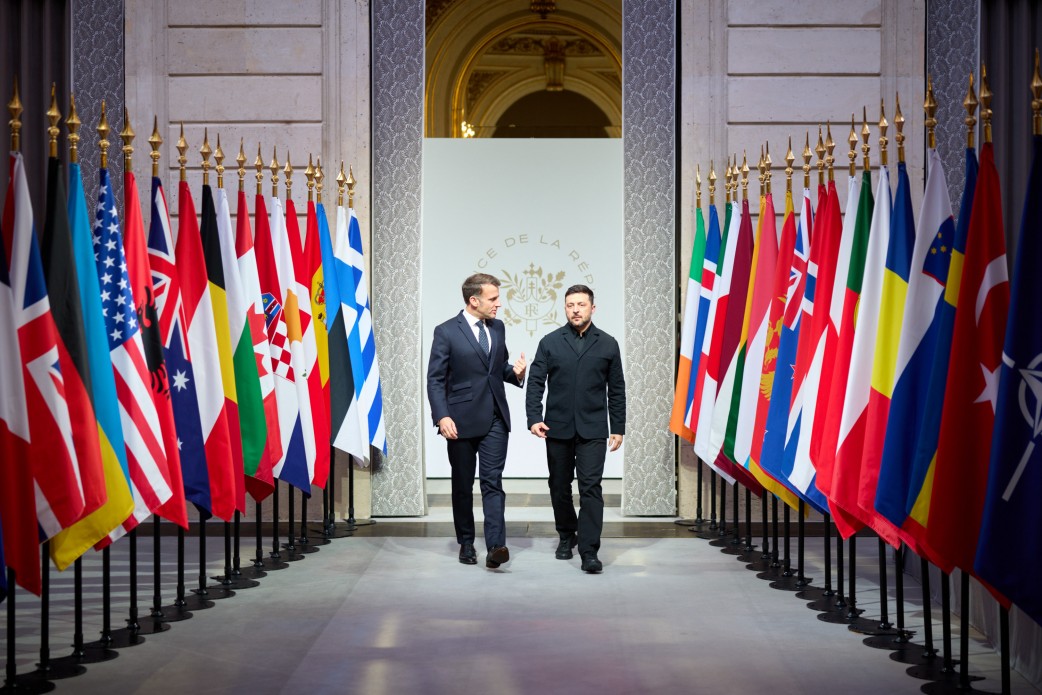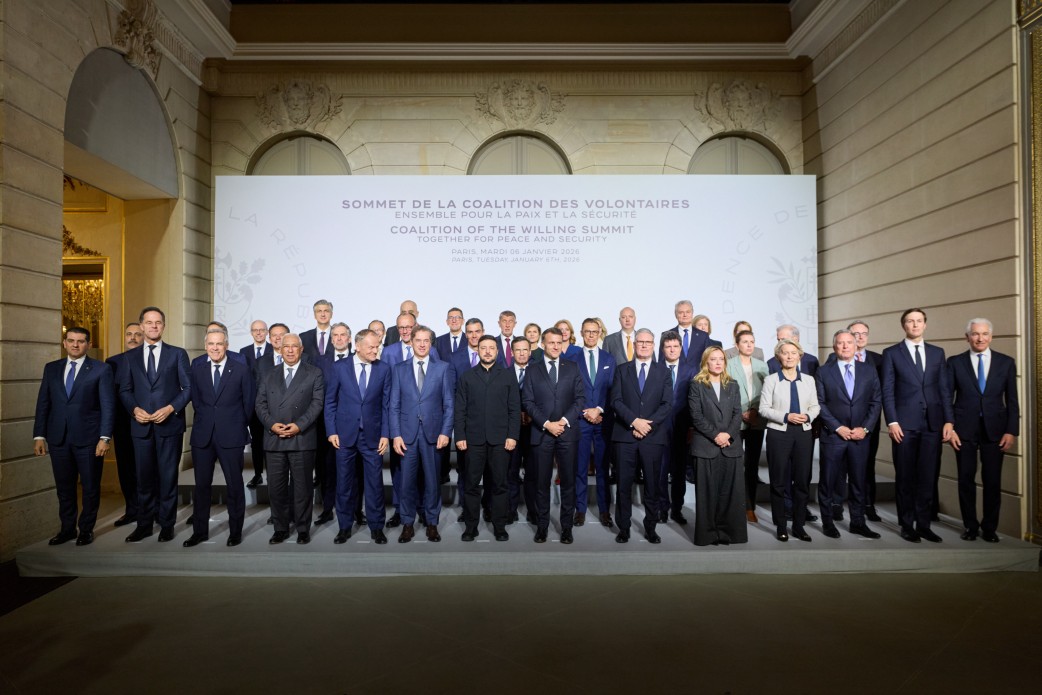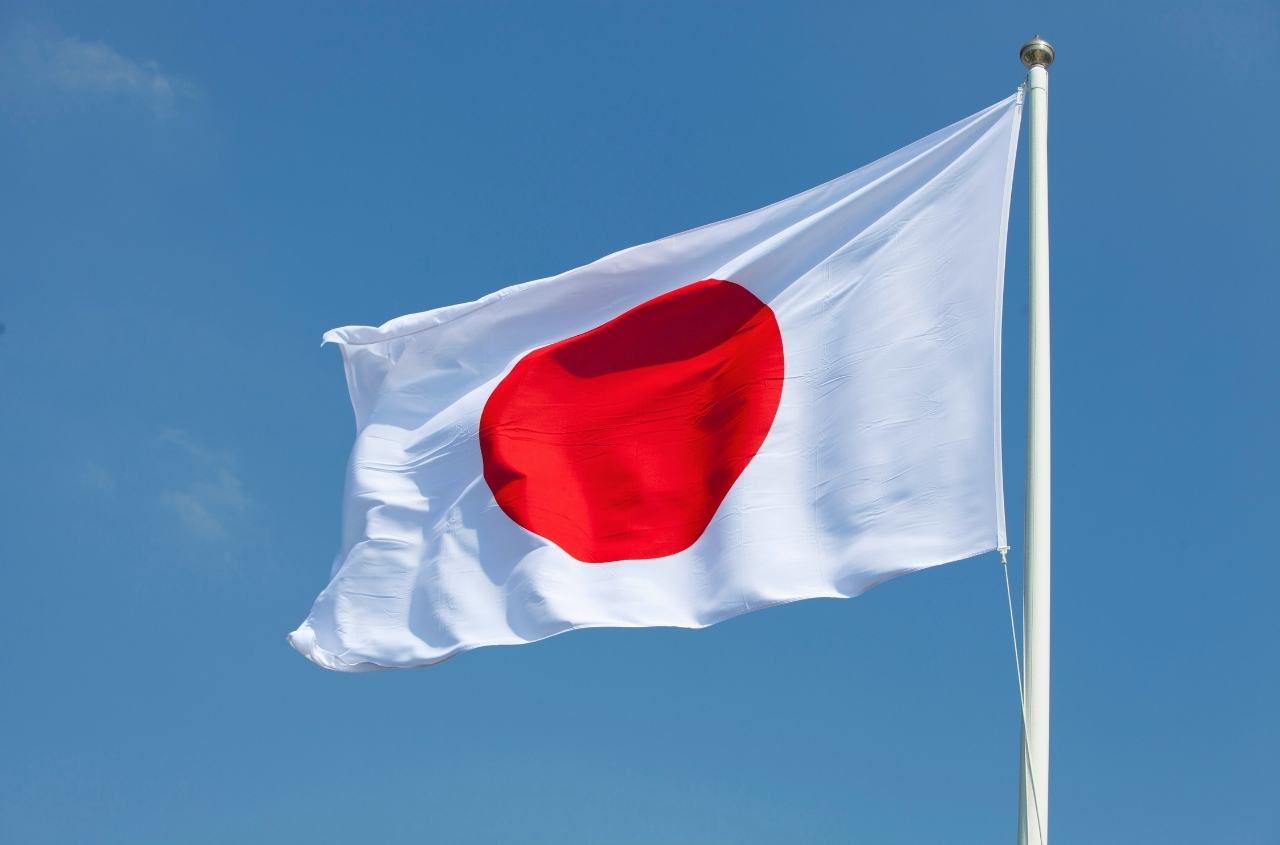A Ukrainian delegation led by Health Minister Viktor Liashko paid a working visit to Azerbaijan this week to boost bilateral cooperation in the healthcare and pharmaceutical sectors.
The delegation included the head of the Ukrainian Parliament’s Health Committee, Mykhailo Radutskyi, Deputy Health Minister Edem Adamanov, and representatives of leading medical institutions — including the National Cancer Institute, the Okhmatdyt Children’s Hospital, and Kharkiv National Medical University.
During the two-day visit, Ukrainian officials met with Azerbaijan’s ministries of health and economy, members of parliament, and representatives of the medical community. Discussions focused on deepening intergovernmental dialogue, expanding partnerships between hospitals and research institutions, and launching new joint projects in healthcare and pharmaceuticals.
A key outcome of the visit was the signing of a new intergovernmental agreement on healthcare and medical science.
“This agreement lays the foundation for systematic cooperation between Ukraine and Azerbaijan in healthcare and medical research,” said Minister Liashko. “It opens the door to joint projects, knowledge exchange, investments, and education initiatives that will strengthen both our health systems.”
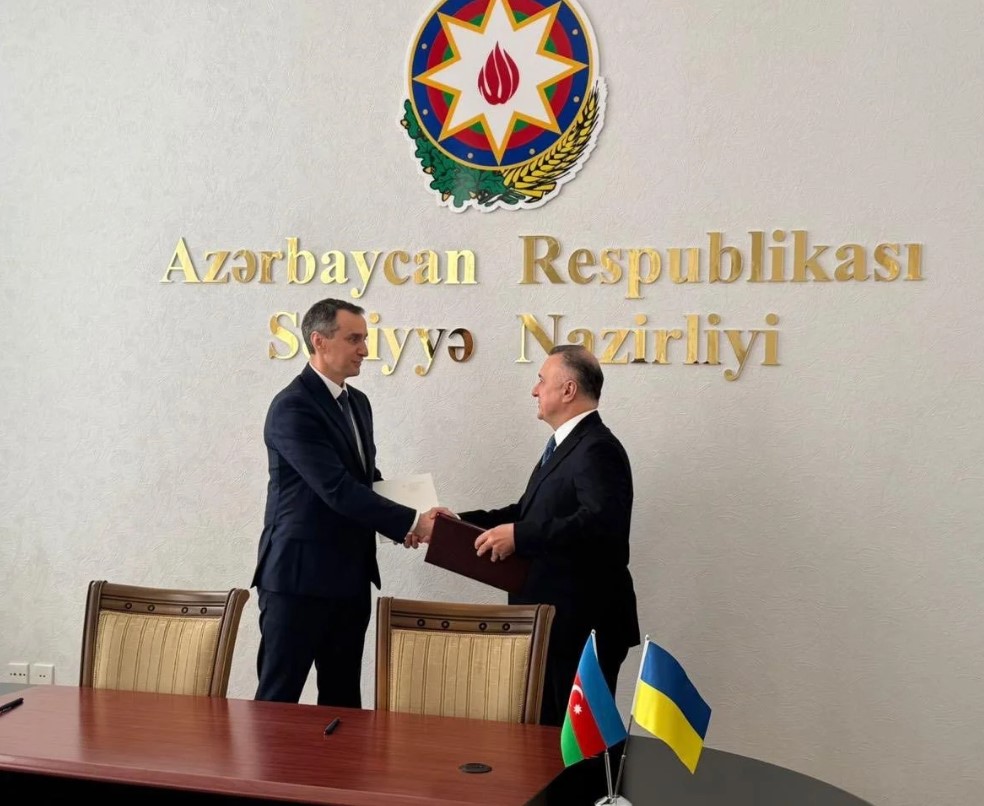
The agreement identifies several areas for collaboration, including pharmaceuticals, infectious disease control, medical education and training, digital health transformation, international partnerships, and healthcare management. It also encourages investment in medical infrastructure.
In addition, several Ukrainian and Azerbaijani hospitals signed direct cooperation agreements in pediatrics, oncology, and medical education. These partnerships aim to promote professional exchanges, staff training, and the adoption of best practices to improve the quality of care.
The Ukrainian delegation also took part in the 27th Azerbaijan International Medical Innovations Exhibition, which hosted an Azerbaijan–Ukraine Pharmaceutical Dialogue — a platform for discussing industry cooperation and investment opportunities.
“Ukraine’s pharmaceutical industry has strong potential,” Liashko said during the forum. “Our manufacturers meet European standards and produce a wide range of high-quality, affordable medicines. We are open to joint ventures and industrial parks that can drive innovation and technology exchange between our countries.”
Both sides expressed interest in closer regulatory cooperation and joint pharmaceutical production, as well as increasing exports. Ukrainian-made medicines — including biological, cardiovascular, antibacterial, and antiviral drugs — are already present on the Azerbaijani market.
Ukraine also sees potential in using Azerbaijan’s logistics capacity as a regional hub for pharmaceutical supplies to the Caucasus and Central Asia. The plan includes the possible creation of shared warehouses, laboratories, and production facilities.
At a separate meeting with Azerbaijan’s Ministry of Economy, the parties discussed investment opportunities and the participation of Azerbaijani companies in Ukrainian healthcare projects. Liashko thanked Azerbaijan for its continued support during the war — particularly its assistance in rebuilding the city of Irpin and restoring the local hospital. To date, Azerbaijan’s humanitarian aid to Ukraine has exceeded $44 million.
Ukraine’s Health Ministry plans to continue expanding its international partnerships to strengthen the resilience of the country’s healthcare system, develop infrastructure, and promote innovation.









